
Plants are inspected by officers in a Chinese yew forest on the mountain. HOU WEIJING/FOR CHINA DAILY
To ensure the birds arrive at their destinations, officers from the police station close the searchlight on the observation tower and tell villagers living at the foot of the mountain to stop using spotlights.
Over the past 20 years, locals have become used to turning off lights at night for three months of the year to help the birds.
Li said, "If the villagers' crops are damaged by wild animals, they report such incidents to the police, but they no longer harm the animals. They also rescue wildlife that is injured."
Animal kingdom
Birds of many colors now fly over the villagers' heads, either in straight lines or zigzags, on the mountain, which boasts lush vegetation and many species of wildlife not seen in the area before.
Zhang Yueping, director of Hongtupo Forest Police Station, which is staffed by seven officers, including one woman, said: "The mountain is greener, the water is clearer, and the variety and quantity of wildlife and plants are constantly increasing. Wild animals, including forest musk deer and black-necked long-tailed pheasants, have reappeared in the area."
In addition to cracking down on illegal activity such as hunting and selling wild animals and their products, Zhang said the station will work to eradicate the habit of eating wild animals.
Observation stations have also been set up to monitor the habitats and populations of wild animals. These stations enable visitors to experience avian activities at all times and sense the harmonious coexistence between humans and animals.

A ceremony is held to mark the arrival of a new chief at the police station and the retirement of its predecessor. HOU WEIJING/FOR CHINA DAILY
Zhang said that together with other government departments, the police station plans to help build the Ailao Mountains National Forest Park, "to make wild animals a shared resource for people around the world".
The police station has become a mini zoo for rescued animals. More than 1,000 wild birds and other creatures, including black gibbons, bears, macaques and pythons, are released from the station every year. Many of them are rescued by locals.
A resident once brought a barn owl caught in a glue trap to the station. Officers removed the adhesive from the owl's feathers with scissors, washed it thoroughly, and placed it in a police car to bask in the midday sun.
By the time the officers had finished lunch, the owl had flown off. However, it later returned with several others, and they made their home in trees that stand near the police station. The officers even prepared food for the owls.
Xiao Jiu, a macaque whose legs were injured, was found by villagers, who took it to the police station, where officers bathed the animal and played with it every day. However, it later damaged taps and notebooks at the station, and as the creature was too young to survive in the wild, the police sent it to a zoo.
Good returns
Local residents are also benefiting from green changes.
Jiang Wenkui, 41, who has been a forest ranger for 16 years, said, "Forest vegetation has increased significantly, and we no longer have any landslides in the area."
Villager and forest ranger Tao Faqing said, "There are more birds and fewer insects, which is good news for our crops."
Tao Faqing, who patrols the mountain and reports any suspicious activities, said: "Birds are humans' best friends. We are responsible for protecting them."

The mountain is patrolled by officers. HOU WEIJING/FOR CHINA DAILY
Some 200 forest rangers from Majie town work at observation stations in the area, where many villagers have opened bed-and-breakfast establishments to accommodate bird watchers and photographers.
Tao Jingping, 42, who runs a homestay with three rooms and offers catering services in Zhongshan village, Majie, said a maximum of 70 tourists arrive each day.
"As the environment has improved significantly, I wanted to start my own business at home," she said, adding that the homestay earns her more than 10,000 yuan ($1,396) a year.
"The village has changed a lot, and nobody hunts birds anymore. When they were still young, my daughter and son told me how cute birds are and that we need to protect them," she said.
Liao Chengfang, town mayor of Majie, said it plans to develop industries such as Chinese herbal medicine and ecotourism to increase residents' income.
"We are also considering a plan to offer high-end healthcare and rehabilitation programs to attract retirees to the area during the summer vacation, where they can rent a small courtyard to cook their own meals," he said.
"We will provide them with organic ingredients, and they can also go foraging for mushrooms in the mountains in July and August."










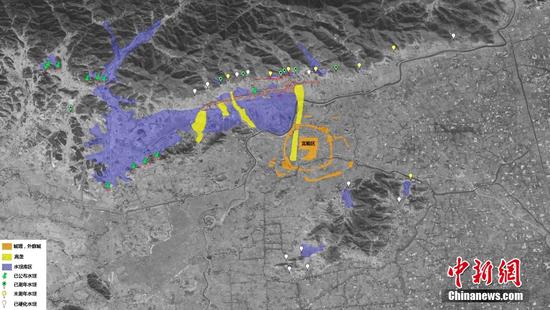


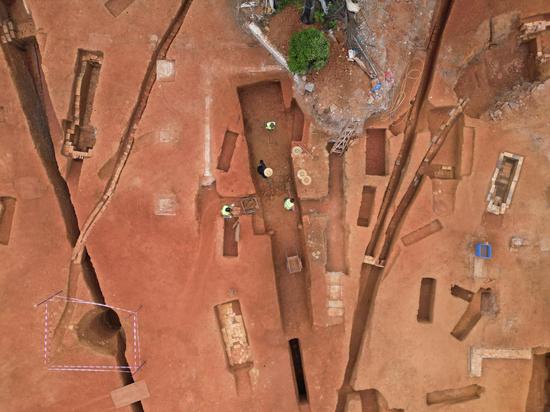

















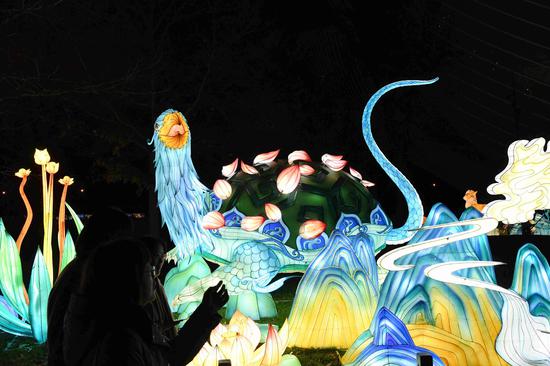
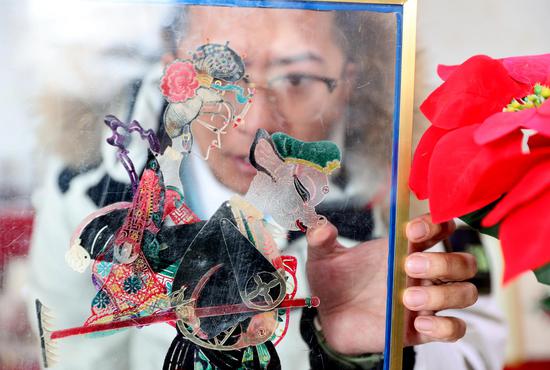

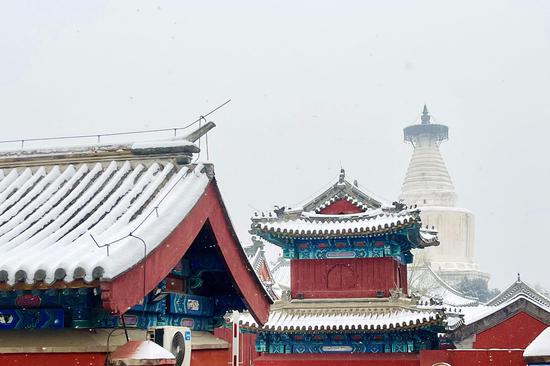















 京公网安备 11010202009201号
京公网安备 11010202009201号